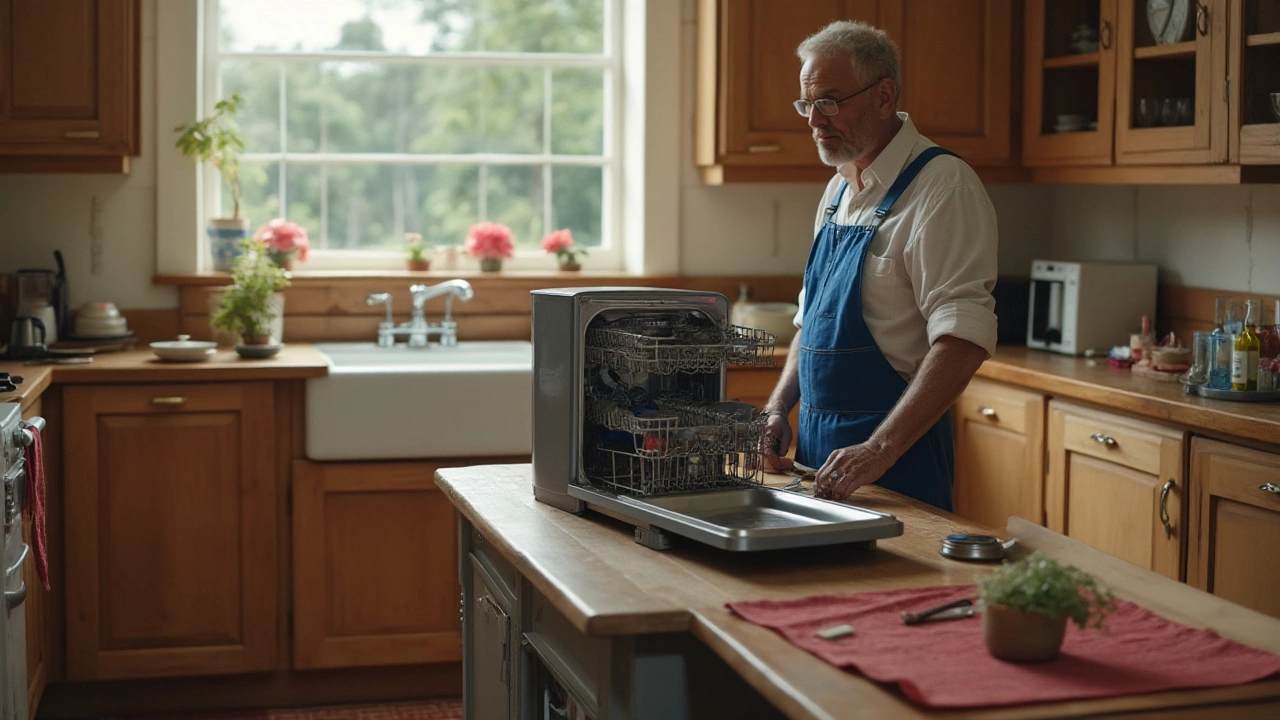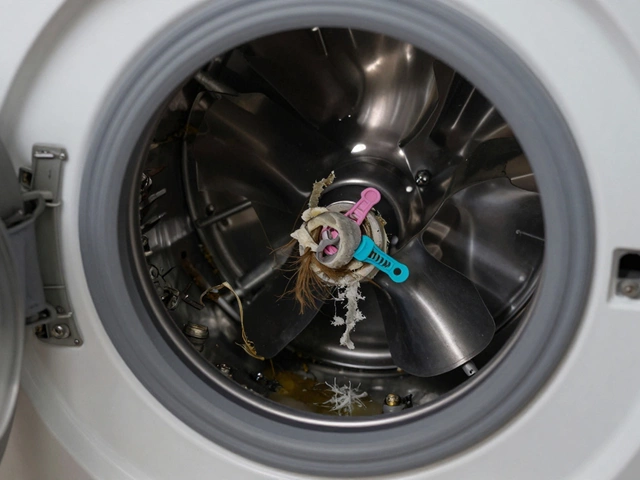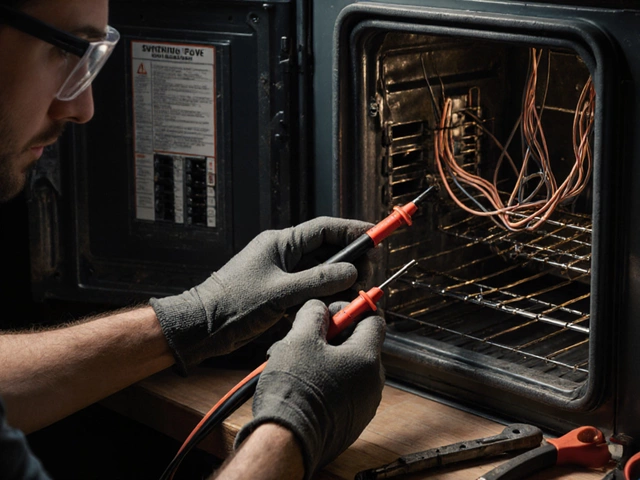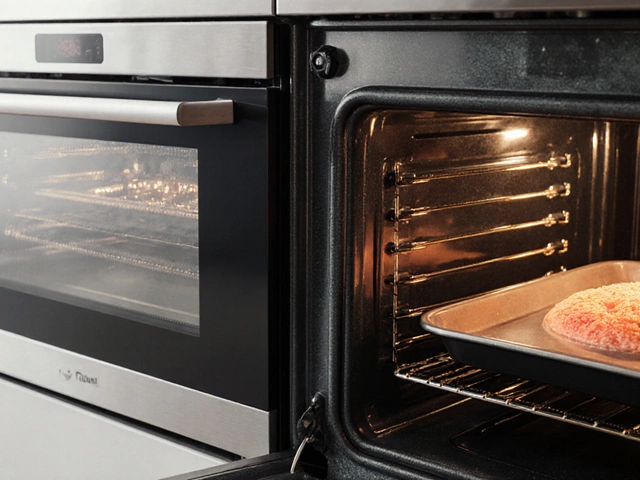What Is the Most Common Washing Machine Failure?
December 1 2025Kitchen Efficiency: Quick Tips to Save Energy and Extend Appliance Life
We all love a kitchen that works like a charm, but most of us ignore the small things that drain power and wear out appliances fast. A few minutes of simple upkeep can cut your bills, keep the air fresh, and stop you from calling a repair tech every month. Below are the everyday habits that make a real difference.
Keep Your Extractor Fans Working
Extractor fans are the unsung heroes of a clean kitchen. When they’re clogged with grease, they work harder, use more electricity, and let steam linger – which can lead to mould and lingering smells. Here’s a quick routine:
- Turn off the fan and remove the filter once a month. Soak it in warm, soapy water for 10‑15 minutes, then rinse and dry.
- Check the fan blades for dust. A soft brush or a vacuum brush attachment clears the buildup without damaging the motor.
- Listen for unusual noises. A rattling fan often means a loose blade or worn bearing that needs a professional look.
- If the fan struggles to pull air, clean the vent hood exterior with a non‑abrasive cleaner.
Doing this every four weeks keeps the fan humming efficiently and saves the cost of a premature replacement.
Maintain Ovens, Hobs and Other Cookware
Ovens and hobs lose heat faster when they’re dirty or have broken parts. A hot oven that’s actually using extra energy costs you more every time you bake a cake.
- Wipe the oven interior after each use while it’s still warm. It prevents baked‑on grime from hardening.
- Inspect heating elements for cracks or uneven glow. Replace a faulty element before it shorts out the whole oven.
- For electric hobs, check each zone for flickering or uneven heating. Loose connections can be tightened, but if the zone stays dead, call an electrician.
- Calibrate the thermostat annually. Many ovens drift by 10‑15°C over time, causing longer pre‑heat periods and higher bills.
Simple steps like these extend the life of your main cooking gear and keep your kitchen running at peak efficiency.
Beyond fans and ovens, a few extra habits round out a high‑performing kitchen. Keep your fridge coils clean; dust builds up and makes the compressor work double. Use lid‑covered pots to reduce cooking time and heat loss. Finally, switch off appliances at the wall when they’re not in use – a power strip makes this easy.
Implementing these quick checks takes less than ten minutes a week but pays off in lower energy bills, fewer breakdowns, and a fresher cooking space. Your kitchen will thank you, and you’ll avoid those surprise service calls that cost both money and time.
 2 Dec
2 Dec
Is Repairing Your Dishwasher a Smart Move? Pros and Cons Explained
Deciding whether to repair or replace a dishwasher can be tricky. Factors such as cost, age, and the nature of the problem play vital roles in this choice. The article explores these elements, offering insight into when a repair is a viable option and when replacement might be more practical. Understanding the lifespan and common issues of dishwashers can help you make an informed decision.
Read More...



